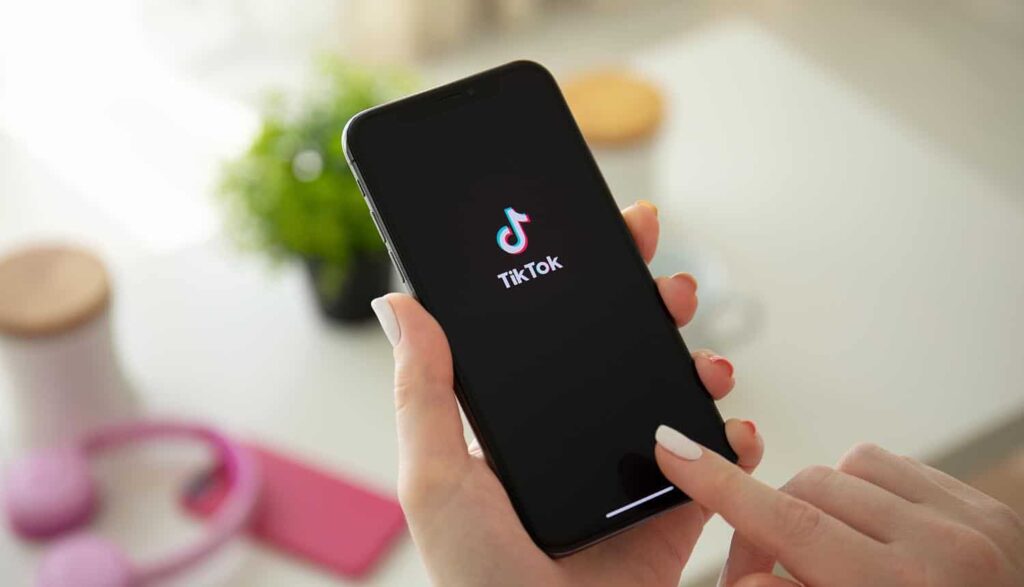
Internal TikTok documents reveal that the platform’s screen-time limit tool, designed to curb teen usage, has been largely ineffective, according to unredacted records accidentally disclosed during a major lawsuit. The documents, obtained by Kentucky Public Radio (KPR) and reported in partnership with NPR, show TikTok executives acknowledging that time management tools had minimal impact on reducing the hours teens spend on the app.
The report highlights concerns about TikTok’s effect on teenagers, especially those spending extended hours scrolling, which could negatively affect their mental health. In response to public pressure, TikTok introduced time management features for users under 18, such as a 60-minute daily screen-time limit that requires teens to enter a passcode to continue using the app after reaching the limit.
However, the internal documents reveal that TikTok’s focus was less on reducing screen time and more on boosting public perception. One TikTok project manager noted that the tool’s purpose was not to cut down on usage, but rather to improve “public trust in the TikTok platform via media coverage.” Another employee mentioned that the primary goal was to maintain daily active users (DAUs) and user retention, rather than meaningfully address time spent on the app.
In fact, the tool only resulted in an average reduction of 1.5 minutes of daily screen time, according to the documents. Despite the lack of effectiveness, TikTok did not take steps to address the issue, as noted by 14 state attorneys general in a lawsuit filed earlier this week.
Although TikTok has also released videos encouraging users to take breaks, internal comments suggest these initiatives were largely symbolic. One executive referred to them as “useful in a good talking point” with lawmakers but admitted they were “not altogether effective.”
In response to the report, a TikTok spokesperson told CNN that the documents were misrepresented: “Unfortunately, this complaint cherry-picks misleading quotes and takes outdated documents out of context to misrepresent our commitment to community safety.” The spokesperson defended the company’s safety features, highlighting efforts such as default screen-time limits, family pairing options, and privacy protections for minors under 16.
The release of these documents comes in the wake of lawsuits filed by a bipartisan group of 14 state attorneys general, accusing TikTok of harming the mental health of young users and making its platform addictive. The legal actions also challenge TikTok’s endlessly scrolling content feed, risky challenge videos, and late-night push notifications that may disrupt children’s sleep patterns.
The NPR report follows an error by the Kentucky Attorney General’s office, which accidentally filed unredacted versions of legal documents in its case against TikTok. The court later sealed the complaint to protect confidential information.
TikTok spokesperson Alex Haurek, responding to the lawsuits, said, “We strongly disagree with these claims, many of which we believe to be inaccurate and misleading. We’re proud of and remain deeply committed to the work we’ve done to protect teens and will continue to update and improve our product.”





